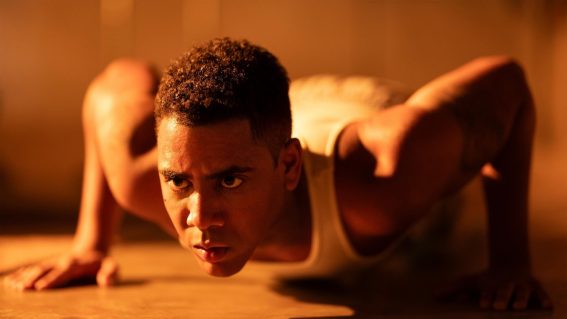BlackBerry, barbarians, and buried treasure: our 12 fave films from MIFF 2023
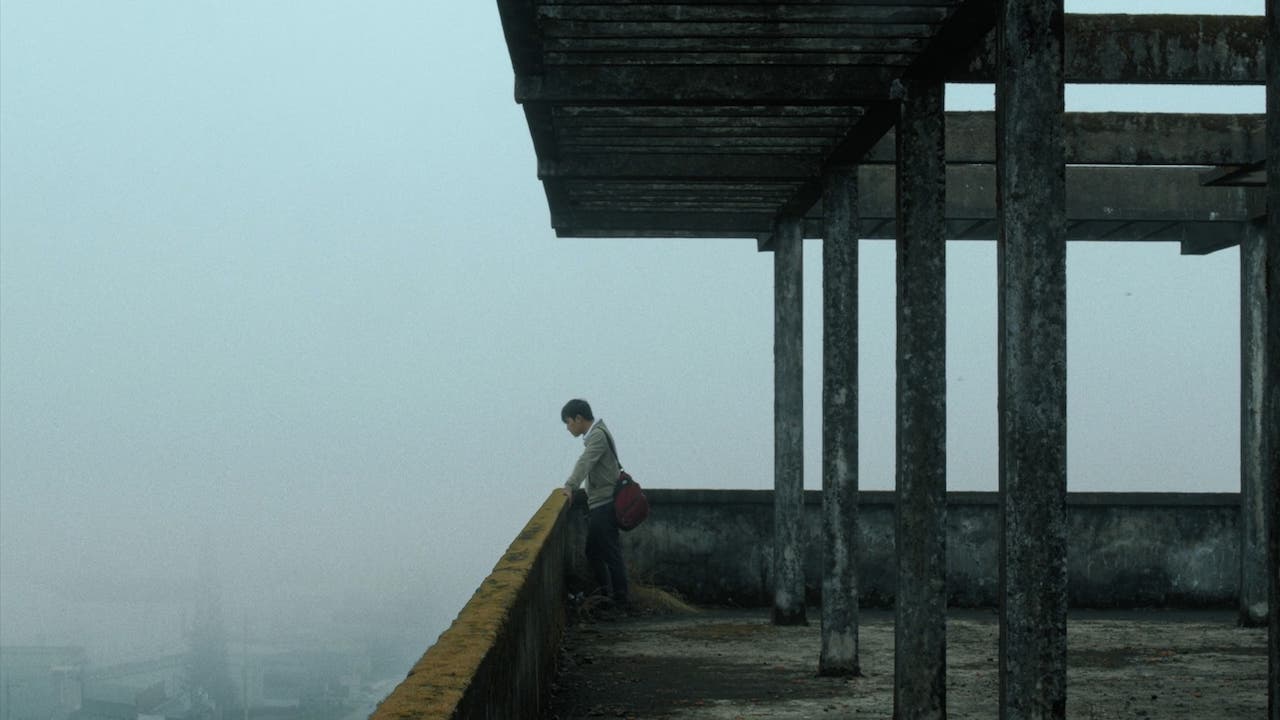
It’s been a wonderful few weeks of freezing in Melbourne laneways waiting for last-minute tix and bitching about which gorgeous old cinema has the most uncomfy seats. But the 71st incarnation of one of the world’s longest-running film festivals has finally come to a close. Select hits from MIFF 2023 are now available to check out on the digital platform MIFF Play, though, so don’t switch out of fest mode just yet.
Although our critics were predictably enchanted by this year’s retrospective screenings of classics from Ozu, Argento, and Tarr, here’s the finest new features that Amelia Berry, Luke Buckmaster, Stephen A Russell, and Eliza Janssen recommend. You’ll find new must-see films from France, Japan, Mexico and Hollywood, and every genre from horror and coming-of-age to the totally unclassifiable.
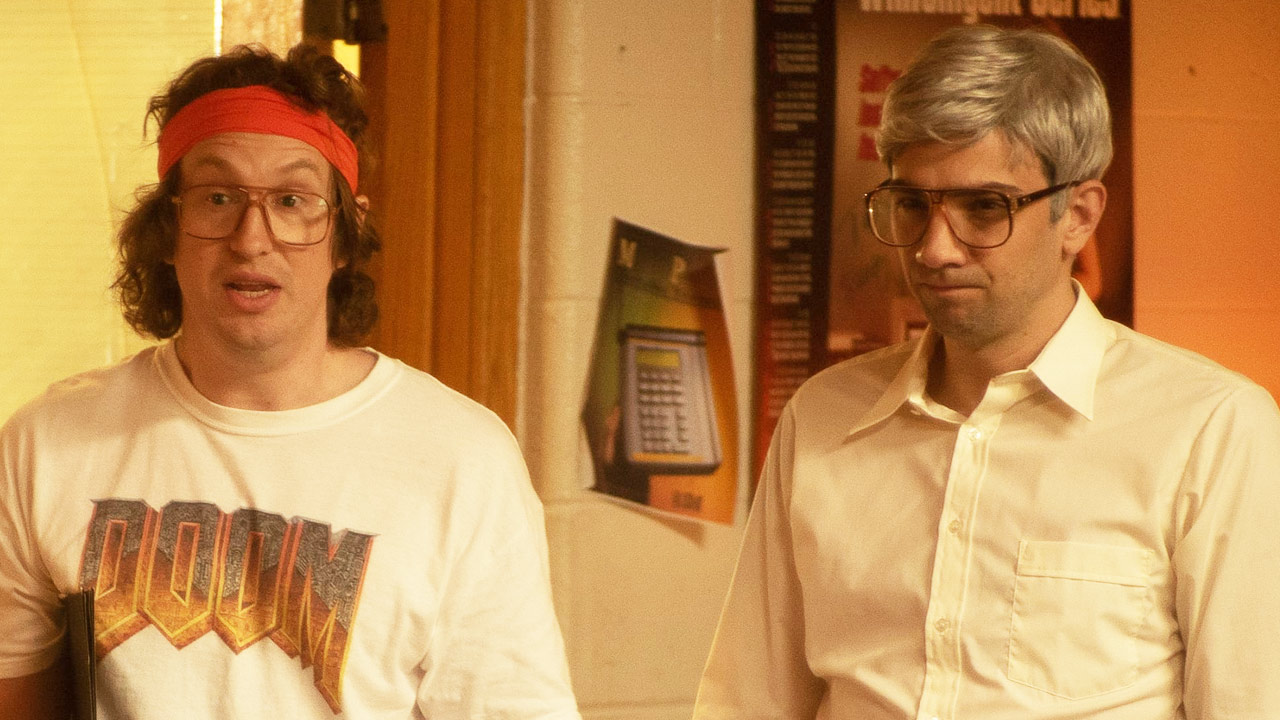
BlackBerry
An origin story about a now-defunct device—the pioneering mobile phone famous for its physical QWERTY keyboard—doesn’t sound like a hoot a minute. But director Matt Johnson makes it bouncy and funny, with a message about the inevitability of change and the temptation to squander your morals in the face of obsoletion. I didn’t buy Jay Baruchel as the CEO of the company that created the BlackBerry, Mike Lazaridis, but it doesn’t really matter—I wouldn’t want anybody else in this part. He shares the frame with Johnson (playing Mike’s right hand man, Doug Fregin) but more importantly they share the same outlook: that it’s better to be entertaining and accessible than dry or distancing.
This charming and engrossing film earns your respect and comes across as effortless. Even little giggle-inducing moments don’t seem like they’re working for a laugh. — LUKE BUCKMASTER
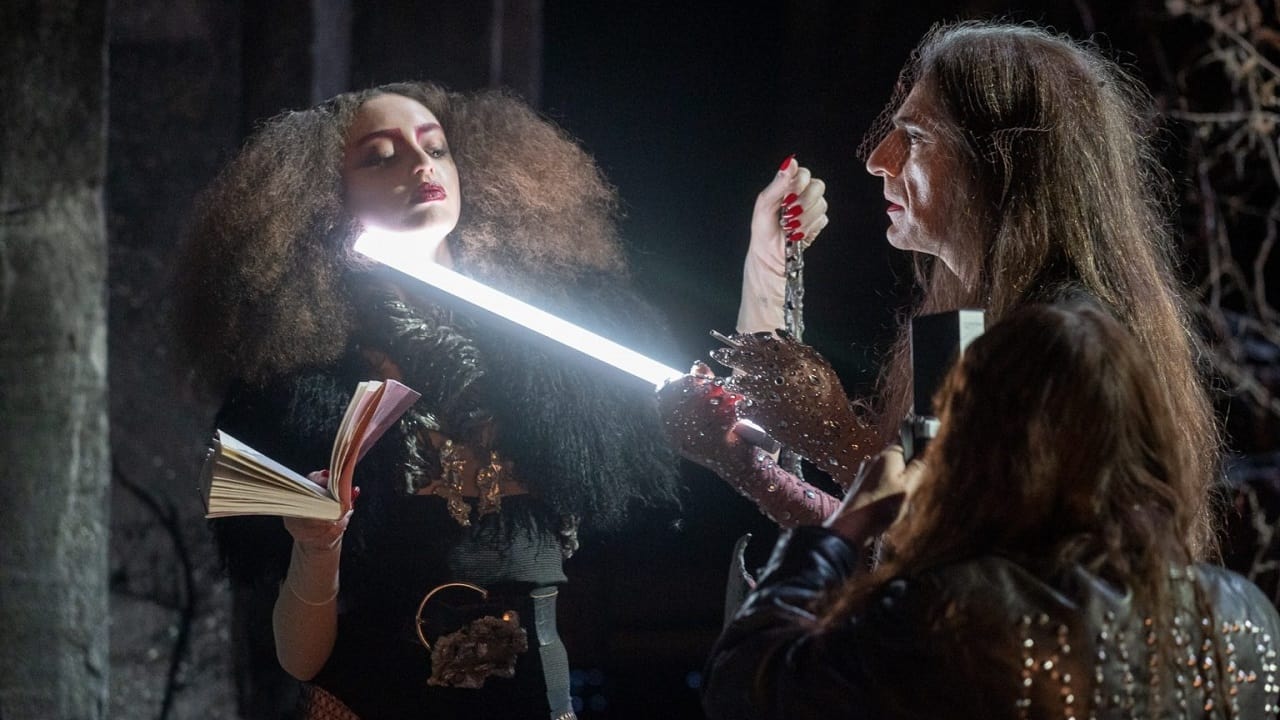
Conann
When I was a kid, I imagined that every film festival movie would be like Bertrand Mandico’s Conann. Violent, gay, French, monochrome, and swinging wildly between brow-furrowingly profound and downright goofy—if you’re the kind of person who’s gonna say “yo, did you notice that when they were inexplicably transported to 1998, they were listening to Klaus Nomi and Tago Mago?”, then this movie is For You. Bit long though. —AMELIA BERRY
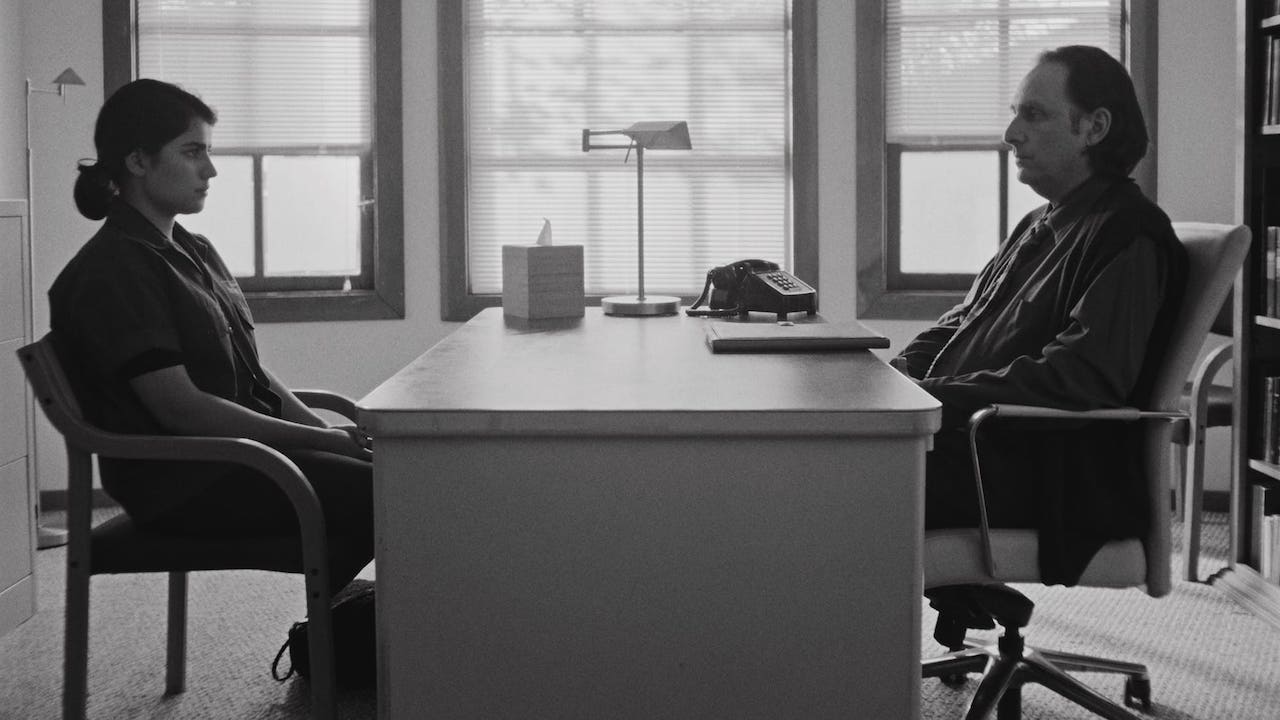
Fremont
An Afghan refugee in Fremont, California struggles with insomnia, loneliness, and regret—all while doing her best to placate an overbearing therapist and leering boss. Doesn’t exactly sound like a recipe for rip-roaring comedy, but Babak Jalali’s latest romantic dramedy is at least as funny as it is touching (and it’s very touching!). Come for Anaita Wali Zada’s incredible debut performance as Donya. Stay for the hot guy from The Bear (Jeremy Allen White) and Gregg Turkington’s (aka Neil Hamburger) hysterical turn as a psychotherapist obsessed with White Fang (the wolf). — AMELIA BERRY
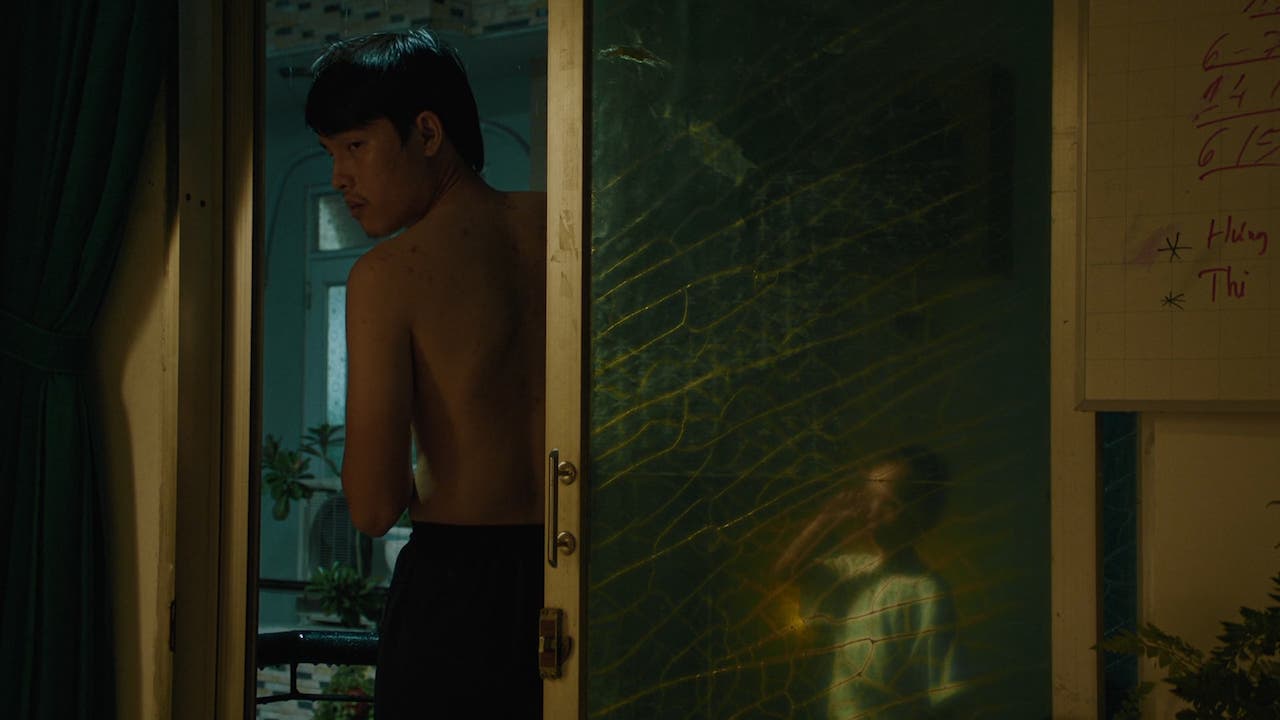
Inside the Yellow Cocoon Shell
Every now and then you see a film so sublimely mesmeric that you feel your soul blissfully floating away in its gently unmooring undulations. That’s the case with this staggeringly assured ode to life and death. Featuring a soulful Le Phong Vu as a Saigon-based wedding videographer and emotional drifter, he has to do a tonne of growing up when he suddenly finds himself responsible for his young nephew. Heading deep into the countryside in search of his AWOL brother, the boy’s father, is as much a voyage into the spiritual unknown as it is a hunt for estranged family.
From startled buffalo to a tiny lost bird via cafe customers as old as the hills, each encounter connects us to the bigger picture in a dreamy film full of strange encounters, cryptic messages and a meet-cute nod to It’s a Wonderful Life. Every shot is an oil painting. That this masterpiece is Vietnamese writer/director Pham Thien An’s debut feature makes it all the more brilliantly discombobulating. —STEPHEN A RUSSELL
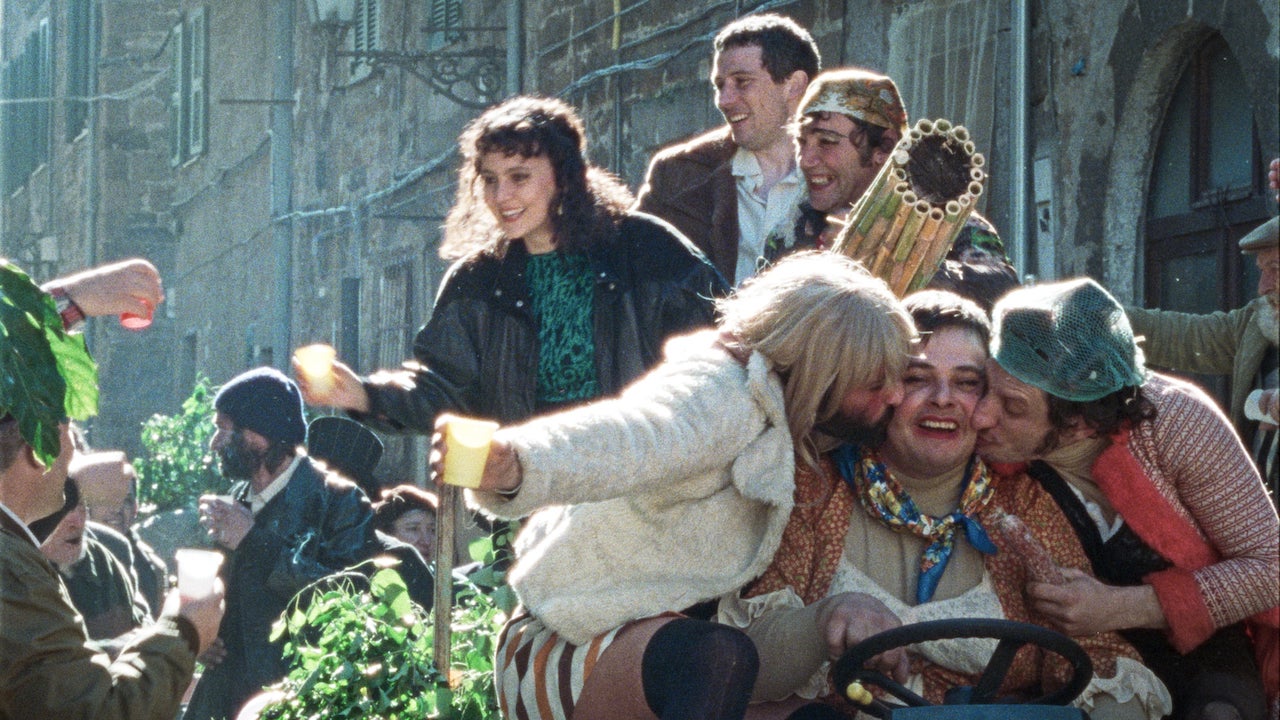
La Chimera
Director Alice Rorhwacher might be the closest thing we have these days to Fellini, with this newest film and her entrancing Happy As Lazarro imbuing rural Italy with surreal, romantic magic. Josh O’Connor makes a great Orpheus in this treasure-hunting take on Greek tragedy: he’s a rumpled tombaroli, a grave-robber with a divine knack for digging up long-forgotten funeral artefacts. But as the law closes in and his fellow gangsters callously chisel away at buried booty, it’s clear that our guy hopes to uncover something more existential. This is a sumptuous story brimming over with vitality and yearning. The darkened scene of an underground crypt, silent before it’s violated for the first time in thousands of years, was my favourite single moment of this year’s film fest. — ELIZA JANSSEN
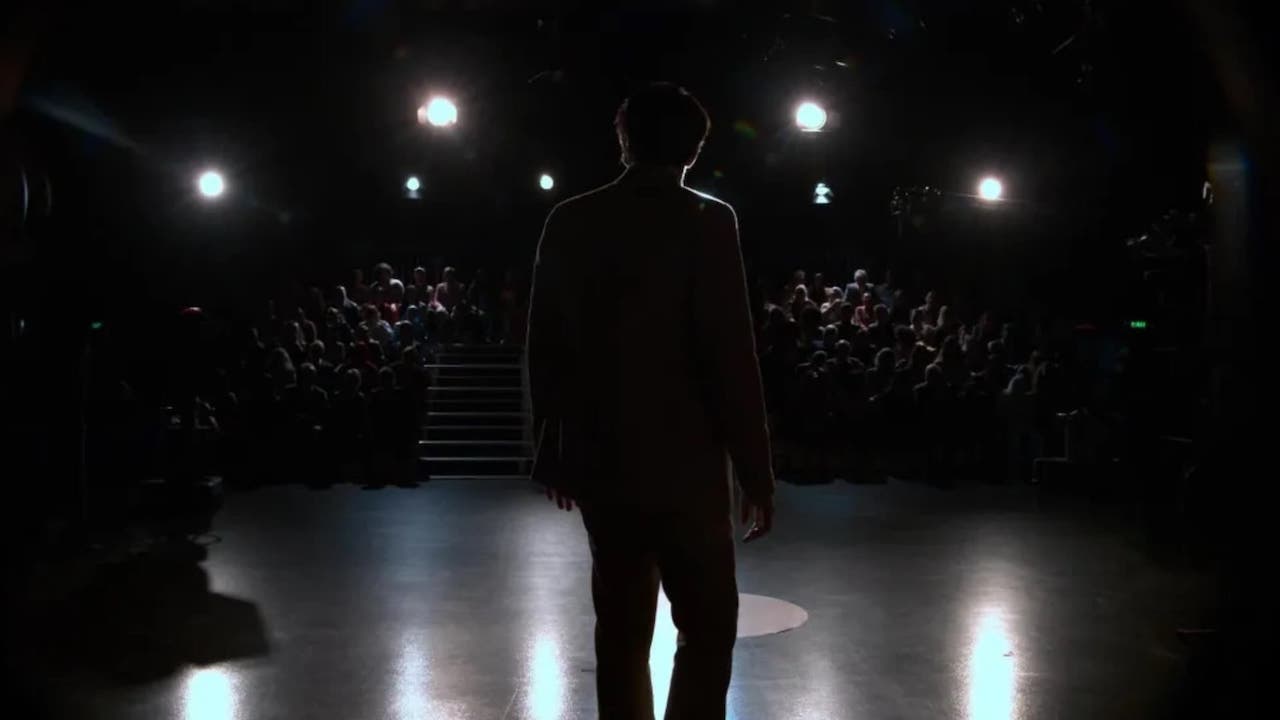
Late Night With The Devil
It kind of bummed me out that the best Australian film I saw at MIFF this year was so convincingly Americanised. Set in the 1970s late night TV scene, and starring rising horror star David Dastmalchian, this splashy horror film from brothers Colin and Cameron Cairnes is a total hoot. The ritzy retro structure lets us know we’re in safe hands, with each doomed talk show guest introduced up front before a string of possessions and gnarly visions ruins our nervous host’s big Halloween show. The inclusion of era-specific paranoias, from the Satanic Panic to Bohemian Grove conspiracy, takes the scares from merely gimmicky to a full-bodied horror flashback. — ELIZA JANSSEN

May December
Flowery string music swells; footage of cocoons and butterflies bash us over the head, with their blunt implication of ageing and seduction; Julianne Moore gazes into her fridge and the audience bursts into laughter, as she purrs, “we’re gonna need more hot dogs.” Melodrama master Todd Haynes applies arch drama to a narrative obviously based on the Mary Kay Letourneau scandal. My dad absolutely hated this film, and the Comedy Theatre’s dodgy sound system made some of Natalie Portman’s pretentious little asides difficult to hear. But, as a vulture-like actress picking Moore’s complex romantic life apart for an upcoming biopic role, she perfectly understands the heightened mood Haynes is cultivating here. — ELIZA JANSSEN
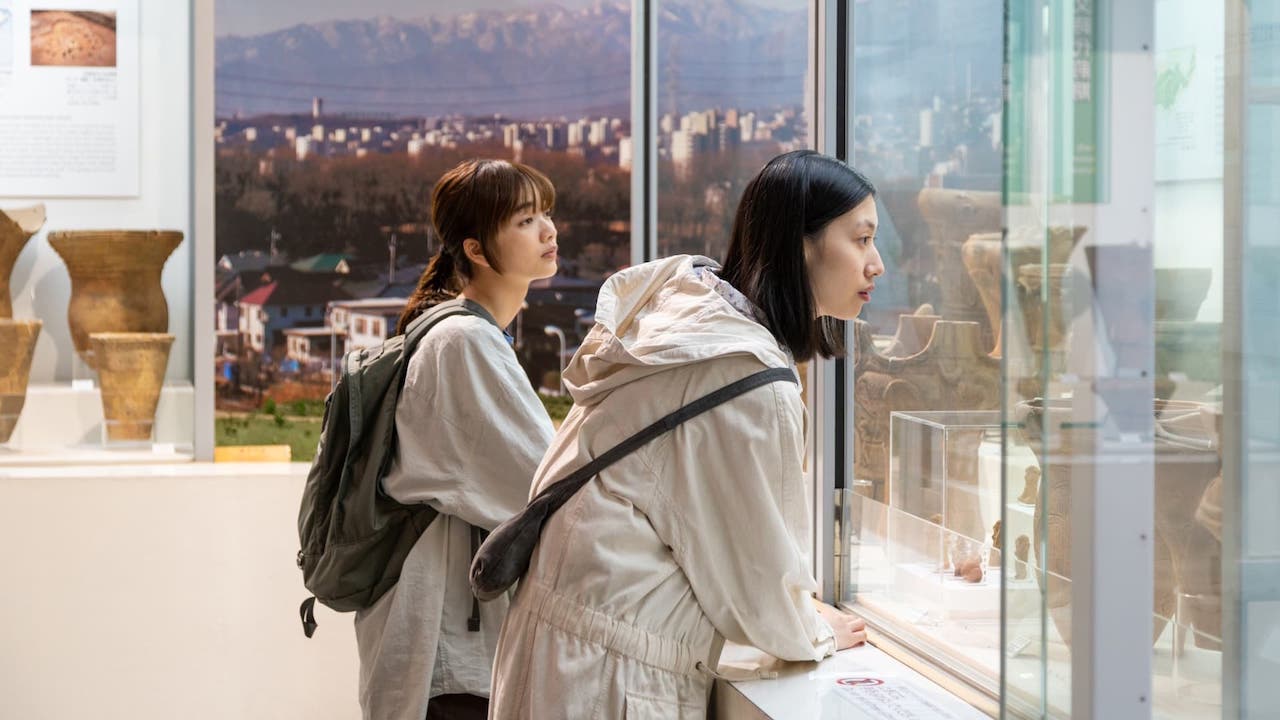
Remembering Every Night
On one level, Remembering Every Night is one of those films where nothing much happens but we all have a jolly pleasant time. But scratch the surface a little, and you find an impeccably constructed set of stories that manage to turn the everyday experiences of three women into a brilliantly observed meditation on time and loss. Throw in Yukiko Iioka’s (Wheel of Fortune and Fantasy) crystalline cinematography, and the incredible casiotone-falling-down-the-stairs soundtrack by jon no son—and director Yui Kiyohara’s sophomore picture is well worth a watch (and probably a bit of wistful contemplation). — AMELIA BERRY
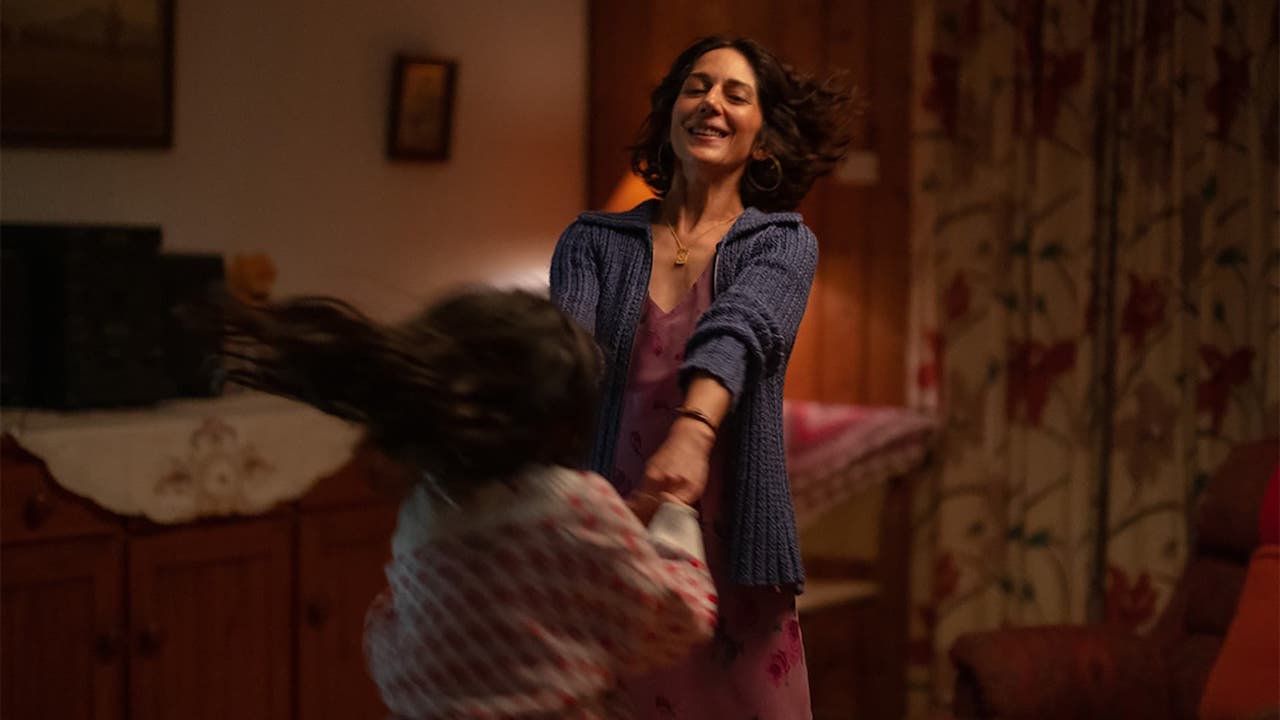
Shayda
This year’s opening night film was the debut feature of an exciting new voice in cinema: Australian-Iranian writer/director Noora Niasari. Continuing a recent trend of powerful first-time films presented with a boxed-in aspect ratio (see also: You Won’t be Alone and Acute Misfortune), which has a psychologically condensing effect, Niasari’s drama follows a mother and daughter as they rebuild their lives while staying at a women’s shelter. Zar Amir Ebrahimi delivers a powerhouse performance as the titular protagonist who attempts to flee an abusive husband, with young Selina Zahednia also faultless as her six-year-old daughter.
Presented with airtight verisimilitude in a “window to the world” style, Shayda balances dramatic authenticity with the rhythms required for interesting storytelling. The film’s power and impact gradually climb, but never crescendo—at least not in obvious ways. — LUKE BUCKMASTER
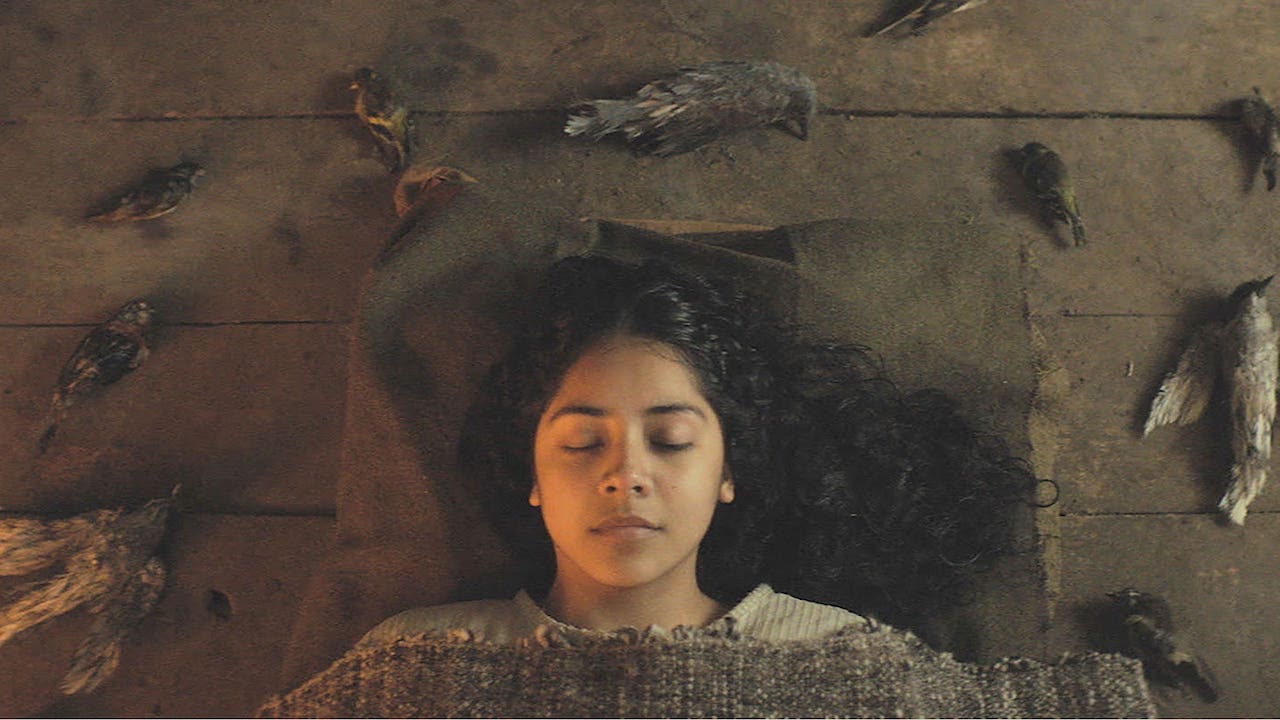
Sorcery
The architecture of the horror genre offers an intriguing foundation on which to build bold and often brutal stories that expose centuries of colonial violence meted out by the so-called devout against First Nations people worldwide. Chilean director Christopher Murray presents the violent clash of the old and the invading new in this Chiloéset fable-like frontier story that pits a young woman, depicted by the remarkable Valentina Véliz Caileo, against the German Christian colonists whose house she tends and who mercilessly ordered her father viciously murdered by dogs in front of her after their flock of sheep die apparently via witchcraft.
Ironically, this dives her into the ancient arms of the protectors of the island’s old, deep magic—La Recta Provincia—in a slow-burn vengeance quest drawing on influences as diverse as the Salem witch trials, Westerns, Hitchcock’s The Birds and Stephen King’s Cujo while seamlessly folding in the island’s longest-held beliefs. That we are allowed only the briefest of glimpses at what truly lies at the heart of the old ways of power makes the unseen all the more tantalising. Seething with righteous fury burning bright below its meditative pace, it casts a ferociously powerful spell. —STEPHEN A RUSSELL
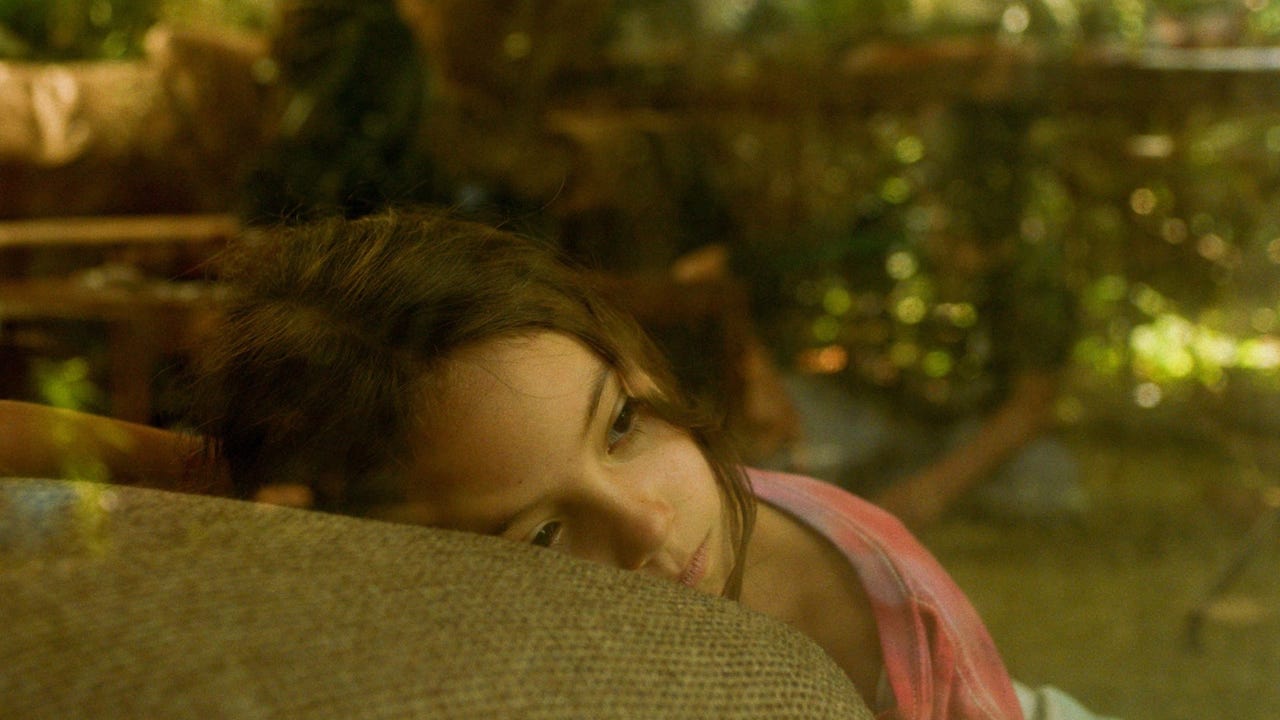
Tótem
Joining Inside the Yellow Cocoon Shell in MIFF’s luminous Bright Horizons competition line-up, Mexican writer/director Lila Avilés sophomore feature is the sort of film for which there aren’t enough tissues in the world. Built on a deceptively simple premise, newcomer Naíma Sentíes plays Sol, a gentle young girl excited for her father’s birthday party but who, on arrival, is told that she must wait to see him. As we follow her around an increasingly chaotic home as full of character as it soon is characters, first preparing for then throwing the big bash, we gradually come to understand why it is he’s not immediately available.
Fluttering like a butterfly from room-to-room eavesdropping on the most intimate of heart-to-hearts, we are gifted with a most generous musing on the ripple effects of grief and disbelief on a sprawling, profoundly loving but also occasionally ferociously antagonistic extended family, both biological and logical. Eliciting remarkable performances from its youngest star all the way up to its eldest, it thrums with humanity and will leave you desperate to fall into the arms of your own when the end credits roll. —STEPHEN A RUSSELL
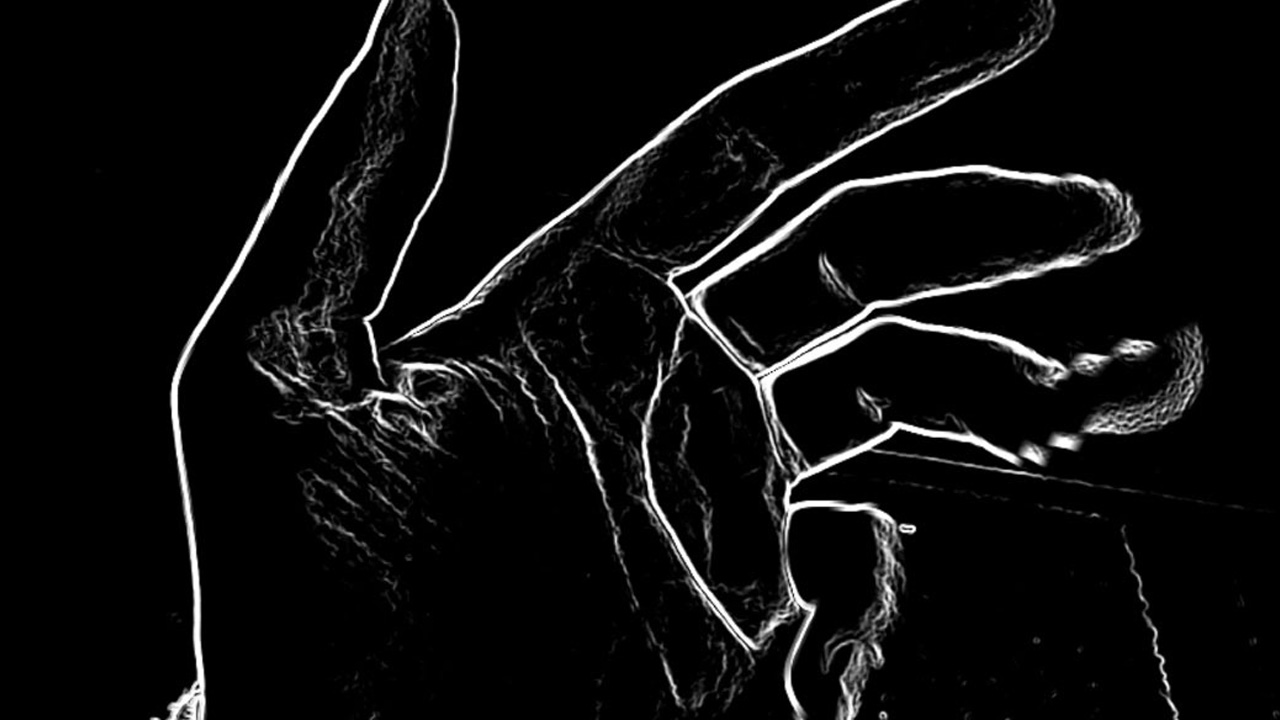
Turbulence: Jamais Vu
Mixed and virtual reality experiences deliver programming that challenges conventional notions of screen storytelling, in part by converting spectatorship into participation. Created by Ben Joseph Andrews and Emma Roberts, Turbulence: Jamais Vu doesn’t sound like much fun, simulating vestibular migraines Roberts has experienced. When you put on the headset, the real-world space around you is the same but everything’s messed up. Colour is monochrome. Move your right hand and you’ll see that movement on your left.
The familiar has become unfamiliar (the meaning of jaimais vu) and now even small tasks require intense concentration. Traditional films could never illuminate the elasticity of consciousness, and the seams of perception, in such a way. People like Andrews and Roberts are modern equivalents of George Melies and D.W. Griffiths: dreamers, experimenters and pioneers helping create the grammar and syntax of nascent artistic mediums. — LUKE BUCKMASTER



















